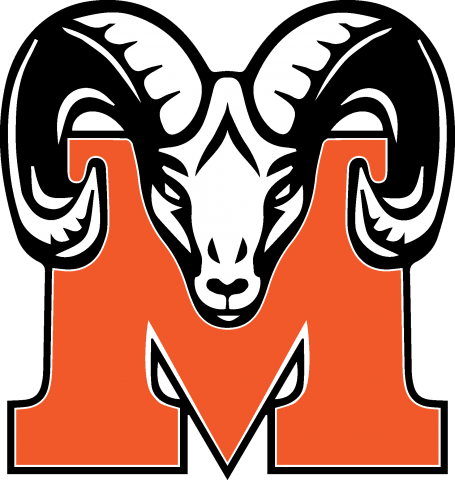Courses Offered
Machine shop tech 1
This course provided a basic knowledge of machine tools and their use. Strong emphasis on safety. Students learn about problem-solving and how products are developed and built to include how Machinist's and Engineers work in teams. Students learn about measurement, scalars and vectors, equilibrium, structural analysis and strength of materials.
Thermodynamics. Students will learn about units and forms of energy, energy conversion, cycles, efficiency and energy loss, and conservation techniques.
Engineering for Quality and Reliability. Students will use precision measurement tools to gather and apply statistics for quality and process control. Students will also learn about reliability, redundancy, risk analysis, factors of safety and liability and ethics.
Intro to technology and engineering:
This course provides an overview of engineering and engineering technology. Students develop problem solving skills by tackling real-world engineering problems. Through theory and practical hands-on experiences, students address the emerging social and political consequences of technological change. The course of study includes:
Overview and Perspective of Engineering. Students learn about the types of engineers and their contributions to society.
Design Process. Students learn about problem-solving and how products are developed to include how engineers work in teams.
Communication and Documentation. Students collect and categorize data, produce graphic representations, keep an engineer’s notebook and make written and oral presentations.
Engineering Systems. Students learn about mechanical, electrical, fluid, pneumatic and control systems.
Statics. Students learn about measurement, scalars and vectors, equilibrium, structural analysis and strength of materials.
Thermodynamics. Students will learn about units and forms of energy, energy conversion, cycles, efficiency and energy loss, and conservation techniques.
Engineering for Quality and Reliability. Students will use precision measurement tools to gather and apply statistics for quality and process control. Students will also learn about reliability, redundancy, risk analysis, factors of safety and liability and ethics.
Dynamics. Students will be introduced to linear and trajectory motion.
Precision Metals
This course is an advanced course in which students demonstrate mastery of knowledge and skills from previous pre-engineering courses to develop an original product or machine design. In groups using project-based learning, students research, design, and construct a solution to an engineering problem. Students apply principles developed in the preceding courses and are guided by an industry mentor. Students must present progress reports, submit a final written report, and defend their solutions to a panel of outside reviewers at the end of the course. Students are placed in management situations in production operations to develop leadership and entrepreneurship skills. Students are responsible for scheduling, pricing, procuring materials and equipment, and the maintaining of equipment.
Mechanical Drafting
This course emphasizes the development of a design through CAD as well as manual drafting applications. Students use computer software to produce, analyze and evaluate models of projects solutions. They study the design concepts of form and function, and then use state-of-the-art technology to translate conceptual design into reproducible products. This course teaches students to:
Understand and apply the design process to solve various problems in a team setting;
Apply adaptive design concepts in developing sketches, features, parts and assemblies;
Interpret their own sketches in using computer software to design models;
Understand mass property calculations-such as volume, density, mass, surface area, moment of inertia, product of inertia, radii of gyration, principal axes and principal moments-and how they are used to evaluate a parametric model;
Understand cost analysis, quality control, staffing needs, packing and product marketing;
Explore career opportunities in design engineering and understand what skills and education these jobs require; and
Develop portfolios to display their designs and present them properly to peers, instructors and professionals.
